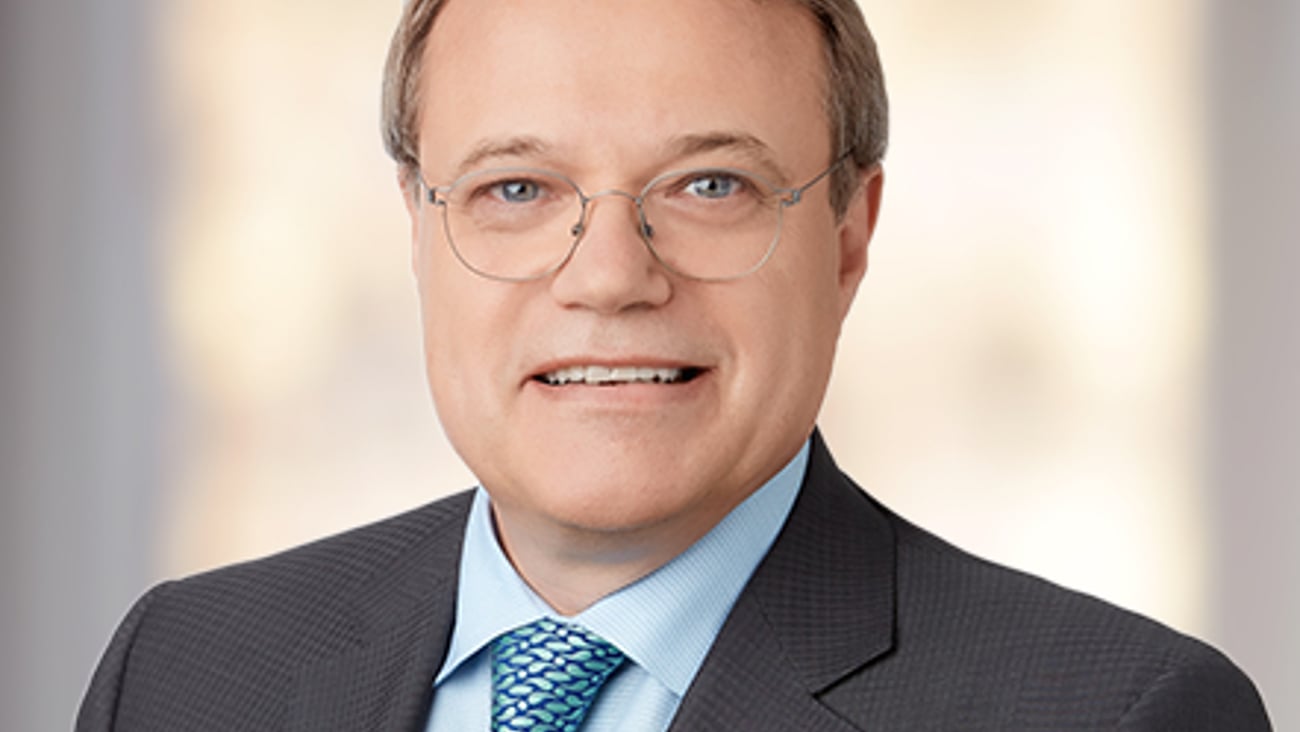From pharmacy owner to investor – the mindset change you need post-exit
When you sell your pharmacy, a lot of benefits come your way. You are free to pursue your dreams and get on with the next stage of your life, to spend more time with friends and family, and to enjoy the fruits of all of those years of hard work. As well, you (hopefully) have a substantial nest egg to carry you through your retirement and maybe even set your children up for success in their own lives.
Those are all clearly good things, but for many pharmacist-owners they can also present challenges. Leaving aside the big question – What are you going to do for the rest of your life? – the financial aspects of post-exit life can also be tricky. Many former owners find that managing the substantial capital they receive from the liquidity event of selling is just as stressful – if not more so – than managing the pharmacy ever was. From our point of view as transaction advisors, that’s because of one simple fact that too many pharmacist-owners fail to realize, and it’s this:
The skills you will need to manage your wealth effectively post-exit are very different from the skills you needed to run a pharmacy.
To protect and grow a large sum of money like the one you (hope to) receive from the sale of your pharmacy business, you need to have a completely different mindset. After you sell, you are no longer an entrepreneur or business-builder. You are an investor. And making a successful transition from owner to investor means changing the way you think about your wealth.
Some realities to think about:
Building an investment portfolio is not the same as building a business
The best pharmacist-owners in the world might not necessarily be the best investors. When you sell, your priorities must change from running/building your business to protecting your wealth, creating a risk-adjusted return and living off the proceeds in your retirement.
The steady income your store provided is a thing of the past.
Most pharmacist-owners can count on their businesses to provide steady income over many years. Few investors enjoy that luxury. Financial markets tend to produce returns that are less predictable and less regular (that is, they are usually aperiodic) than an established business will. In contrast to the steady returns generated by your pharmacy, you can expect your investment returns to be volatile. In our view, a strategic wealth plan is imperative to help you navigate the markets’ ups-and-downs.
Risk and return are correlated.
Understanding the relationship between risk and return is crucial to sound investing. Generally, the higher the return you expect, the higher the risk associated with realizing that return. The reverse is also generally true – the lower the expected return, the lower the volatility of that return. Note, however, that even “low-risk” investments can be volatile at times, as the bond market this year (and the two years before) has clearly demonstrated. Over time, however, investors looking to preserve and grow their wealth need to balance risk and return according to their financial goals, their risk tolerance, their cash needs and their time horizons.
Emotions can get the better of you.
If you tie your emotions to the roller-coaster ride that financial markets often seem to be, you can be more prone to making bad decisions. Panic and over-optimism sometimes lead investors to get out of or get into investments at exactly the worst time, which is a fantastic strategy if your goal is to destroy your wealth. You will have to work hard not to get carried away.
Information overload is real.
There is so much information available to today’s investors – countless websites, cable channels, newsletters and on and on – that it is easier than ever to be overwhelmed by conflicting signals. Successful investors tend not to get distracted and stick to their long-term strategies. But it’s harder than ever to do that!
There’s more to investing than stocks and bonds.
Equities and to a lesser extent get most of the attention from media and financial analysts, but there are alternative vehicles (like credit) that can lead to better diversified, less internally correlated investment portfolios. Investing successfully may mean thinking outside the stocks-and-bonds box.
The financial services industry usually wants to sell you something.
And that is too often an advisor’s top priority. We recommend that you find a fiduciary advisor who is explicitly mandated to place your interests above theirs.
A discretionary financial advisor might be the right choice.
If you simply do not have the time or knowledge to put into investing well, then a discretionary financial advisor can take on the day-to-day decision-making and devote the energy needed to manage your investment portfolio.
There is no shame in not having the skills required to be a successful investor. So, if you need help, our advice is simple: Get it!



